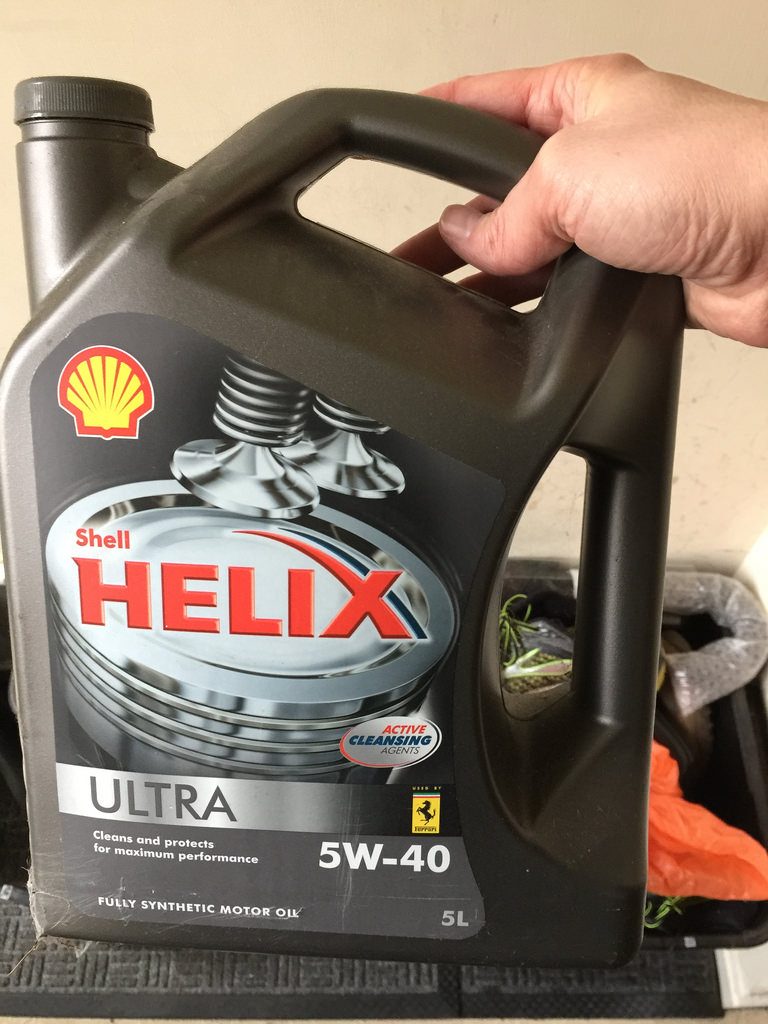Synthetic oils are lubricants consisting of chemical compounds that have been man-made or artificially produced. Synthetic lubricants are manufactured by a process of chemically modified petroleum components rather than simply refining crude oil like is the case for mineral oils.
Good viscosity
The overall viscosity and reduced friction of the synthetic oil allow the oil to flow better in the engine components. The outcome is improved engine efficiency at cold, moderate and high temperatures, which will result in fuel savings.
No oil thickening
The oil does not turn too thick at cold temperatures. With synthetic oil, you won’t need to add any viscosity modifier (oil additives to keep the oil stable) to your oil, which means lower levels of deposits from the additives in your engine. This, in turn, keeps the engine clean through the reduced formation of sludge and corrosive acids. In this way, you are able to minimize engine wear and maintain fuel economy.
No
cold starting
Further,
during
the
cold season,
the oil will not turn
too thick
like is the case with common mineral base oils. This means you will
be able to start your car quicker in the morning, hence, putting less
strain on the battery. Consider also that the engine will warm up and
will reach peak performance quickly.
No oil thinning
At high temperatures, the oil won’t thin. Synthetic oils are formulated with higher viscosity, which provides better bearing protection under extreme performance. The viscosity and shear resistance are retained at high temperatures. This means that your engine is protected at high speed or high engine revolutions during instances when the vehicle is requiring more torque. For example, when it is heavily loaded or climbing uphill at high speed.
Check with your mechanic which synthetic oil should be best for your car. He will consider your driving skills (soft or harsh accelerations), the car mileage, road conditions – climbing uphill regularly or driving in traffic jams, and the temperature.


